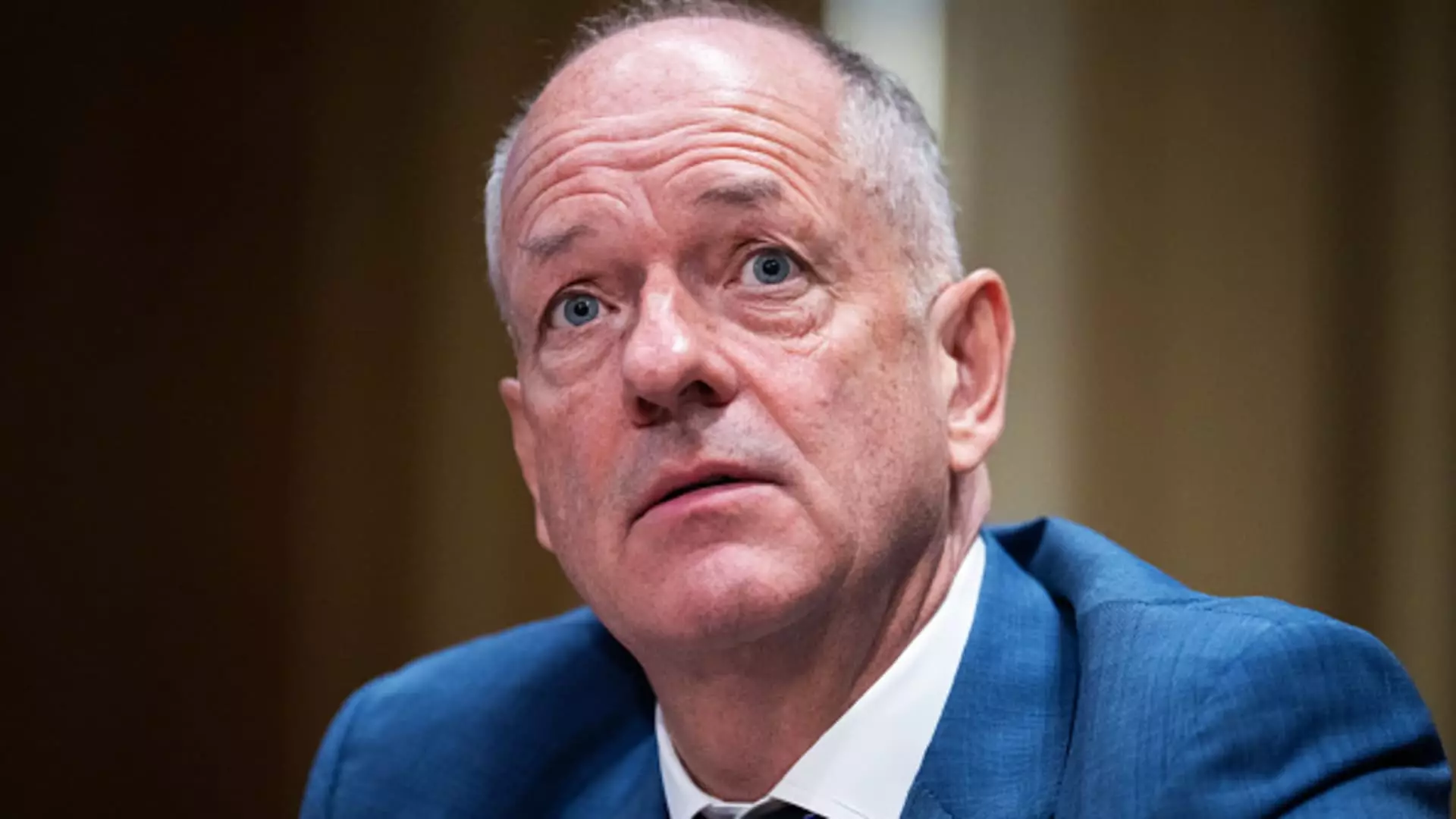In the wake of the tragic passing of Brian Thompson, the CEO of UnitedHealthcare, Andrew Witty, the CEO of UnitedHealth Group, expressed profound sorrow. This commemoration resonates as it underscores not just a loss of a leader but also serves as a critical juncture to scrutinize the complexities of the U.S. healthcare landscape. As Witty articulated in a poignant op-ed in the New York Times, it is essential for stakeholders in the healthcare industry to confront the inherent flaws that have permeated this vital system. The healthcare system’s convoluted design, reminiscent of a patchwork quilt sewn over decades, demands urgent reform and innovative thinking.
The Imperfections of the Current System
Witty’s candid acknowledgment of the system’s inefficiencies highlights a pervasive sentiment among many Americans. The intricacies and frustrations faced by patients are far from trivial; they represent systemic inadequacies that have long been ignored. The recent violent incident that took Thompson’s life adds an unsettling layer, amplifying the frustrations faced by patients and igniting dialogue about the industry’s accountability. As critiques of the healthcare industry gain momentum, it becomes glaringly evident that no single entity can shoulder the blame; rather, the faults are ingrained in the very framework that governs patient care.
A Call for Transparency and Reform
In his commentary, Witty emphasized UnitedHealth Group’s commitment to improving healthcare delivery by collaborating with varied stakeholders, from employers to government bodies. This cooperative approach is crucial, but it must lead to actionable reform. American patients often report feeling trapped in a convoluted maze of healthcare, where denied claims, unexpected bills, and rising premiums reign supreme. The resentment directed toward insurance companies has reached alarming heights, as real-life experiences shared on social media reflect a disheartening sense of alienation and confusion within the healthcare system.
While Witty acknowledges the challenges insurers face, he also stresses the need for clarity in communication concerning coverage and decision-making processes. There is an urgent requirement for insurance companies to demystify how claims are evaluated and to educate their clients on the rationale behind coverage decisions. By embracing transparency and fostering a culture of open dialogue, insurers can begin to rebuild trust with patients and healthcare providers alike. Central to this initiative is the need for a robust body of clinical evidence that informs best practices and maximizes patient safety and health outcomes.
Ultimately, the tragic loss of Brian Thompson symbolizes an opportunity for the industry to reevaluate its fundamental approach to healthcare. As UnitedHealth Group grapples with its evolving role amid external pressures and shifting public sentiment, embracing change becomes imperative. In memory of Thompson’s commitment to helping patients, it is incumbent upon the leadership to carve a new path, one that prioritizes genuine patient care and systematically dismantles the barriers that currently overshadow the healthcare experience. Only through collaborative effort and bold innovations can the system hope to evolve into one that genuinely serves the needs of its most vital stakeholders: the patients.


Leave a Reply